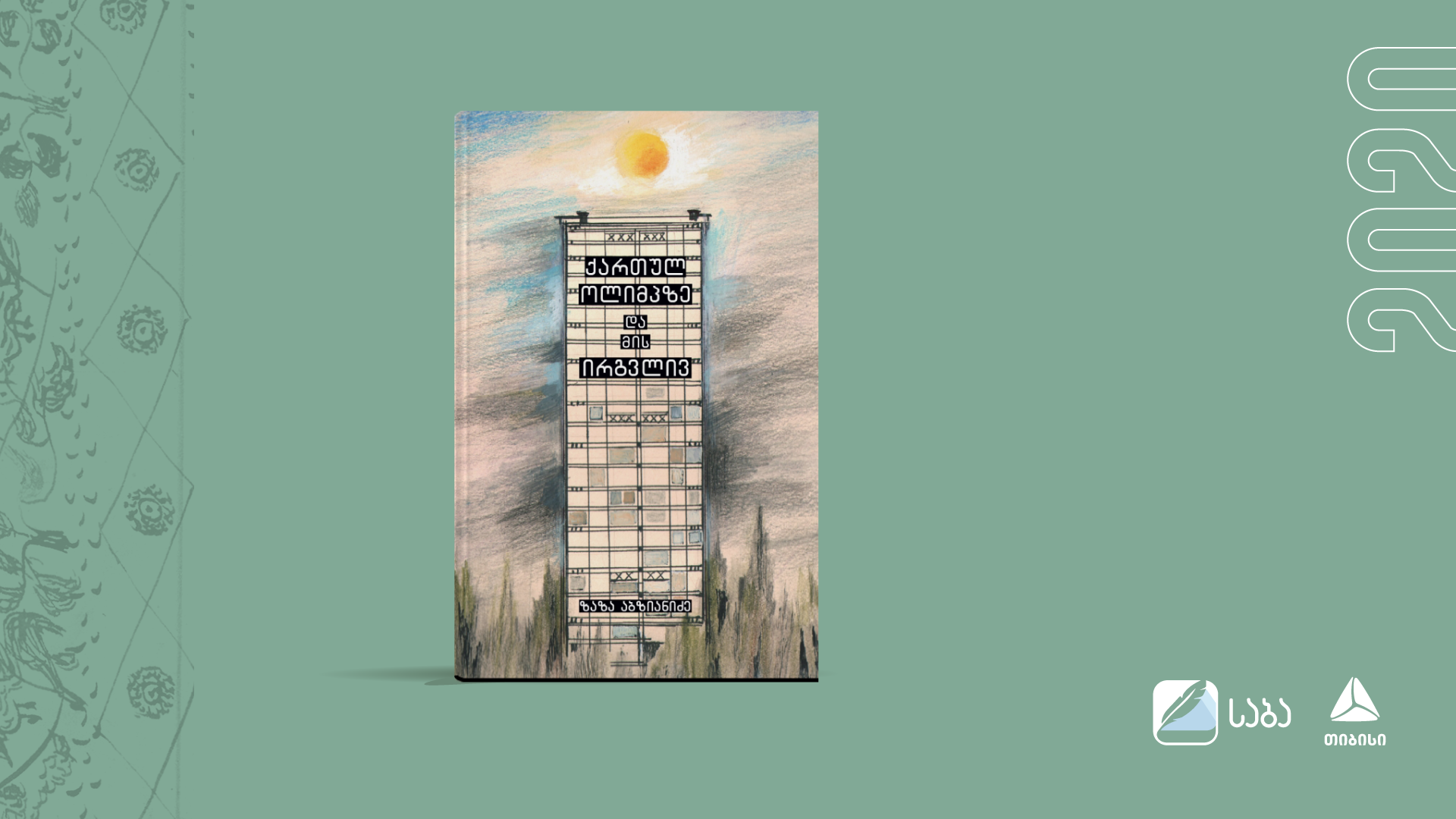

His flirtation with Magical Realism, surrealism, and the fantastic is evidence of his fearlessness as a writer. He was the first to incorporate Western influences in such an immediate way and he introduced a broad, spare, and raw style that Japanese readers had never before seen. Murakami changed the face of Japanese fiction. He has been deeply influenced by Western culture, and his themes, in some ways, are distilled from his favorite writers and musicians. Like a jazz musician building on the same note, Murakami has-from the start-been obsessed with issues of sexual identity and love, loss and detachment, history and war, and nostalgia and fate. Although our destinations were different (Tokyo compared with Shanghai), the internal slow magical nature of Murakami’s fiction had leaked into my appreciation of my own megacity.If it is true that writers and artists should spend their entire lives and careers investigating, examining, and trying to understand the same themes, then Haruki Murakami (born January 12, 1949) is a prime example of how to do this successfully.

As the narrator reminisced at the end of a journey, the painful nostalgia permeated into me as I finished my journey. The protagonist finds himself welling with emotion as his plane lands back in Tokyo and the Beatles song ‘Norwegian Wood’ transports him back to his teenage years.


Despite the sparse writing style, he pulled me into a busy world of forlorn love-lost nostalgia. With only the shifting landscape from my window as distraction, I plunged into Murakami’s gentle world and finished the book in one sitting. In 2014, before I had a smartphone, ‘Norwegian Wood’ was the only entertainment I had on a 21-hour train ride from the countryside city of Guilin to Shanghai in China. My first experience of Murakami was in the place most people start with him, ‘Norwegian Wood’. Fresh copies of Japanese writer Haruki Murakami's new novella "The City and Its Uncertain Walls" PHILIP FONG/AFP or licensors Why I love Murakami


 0 kommentar(er)
0 kommentar(er)
